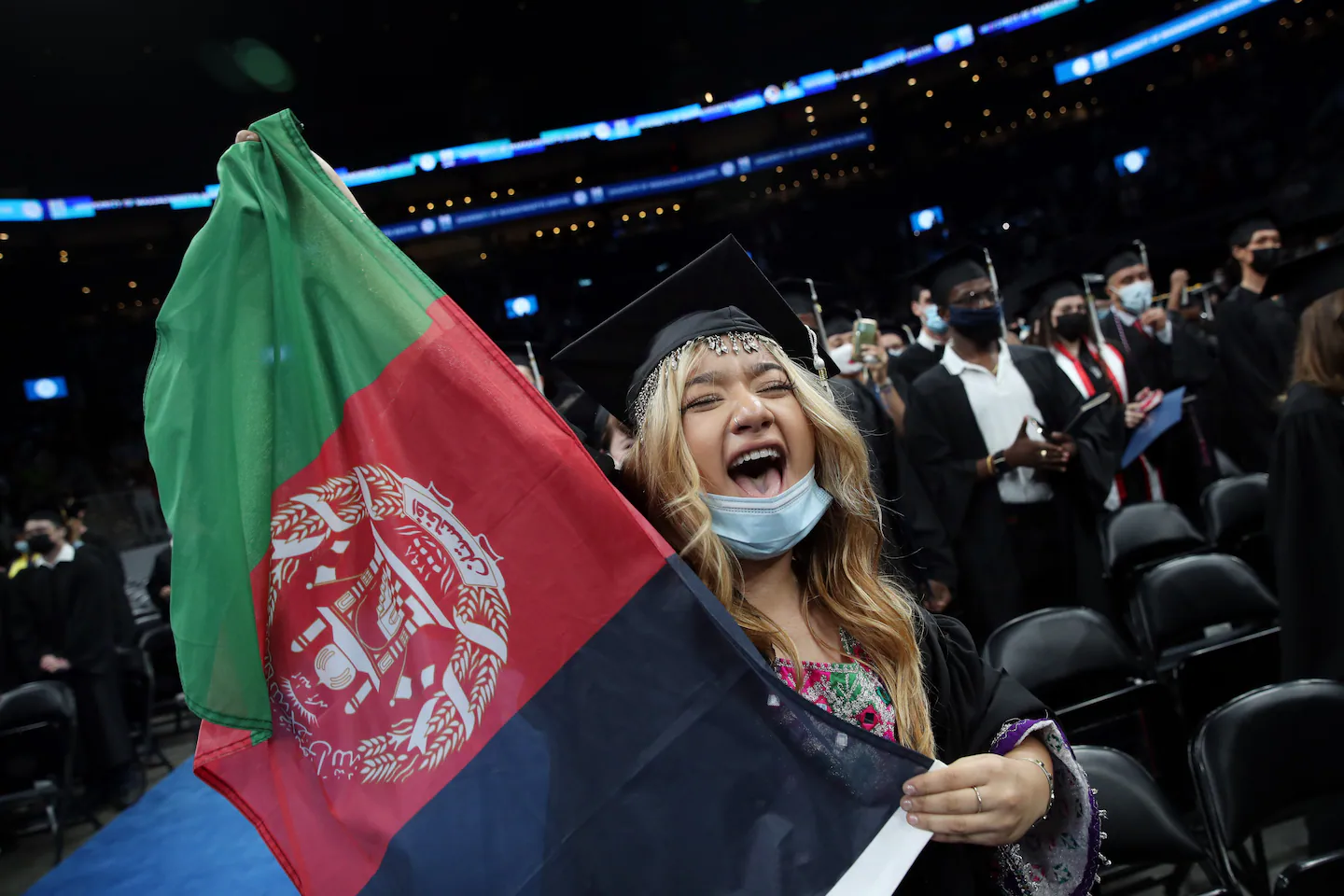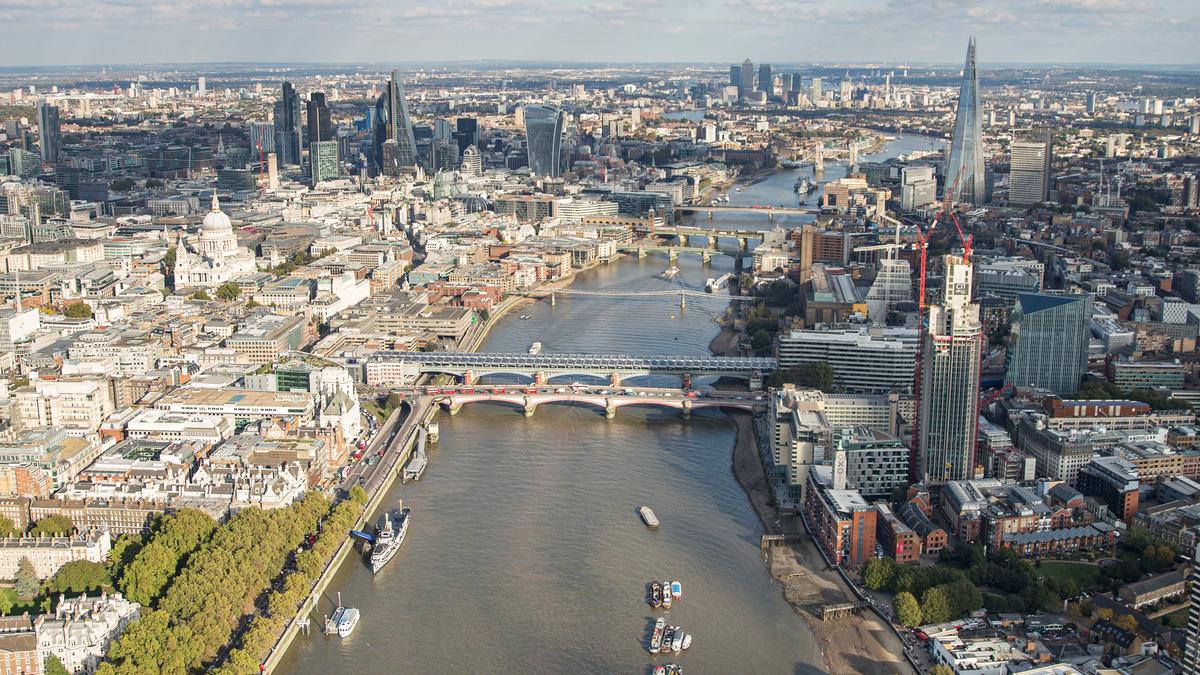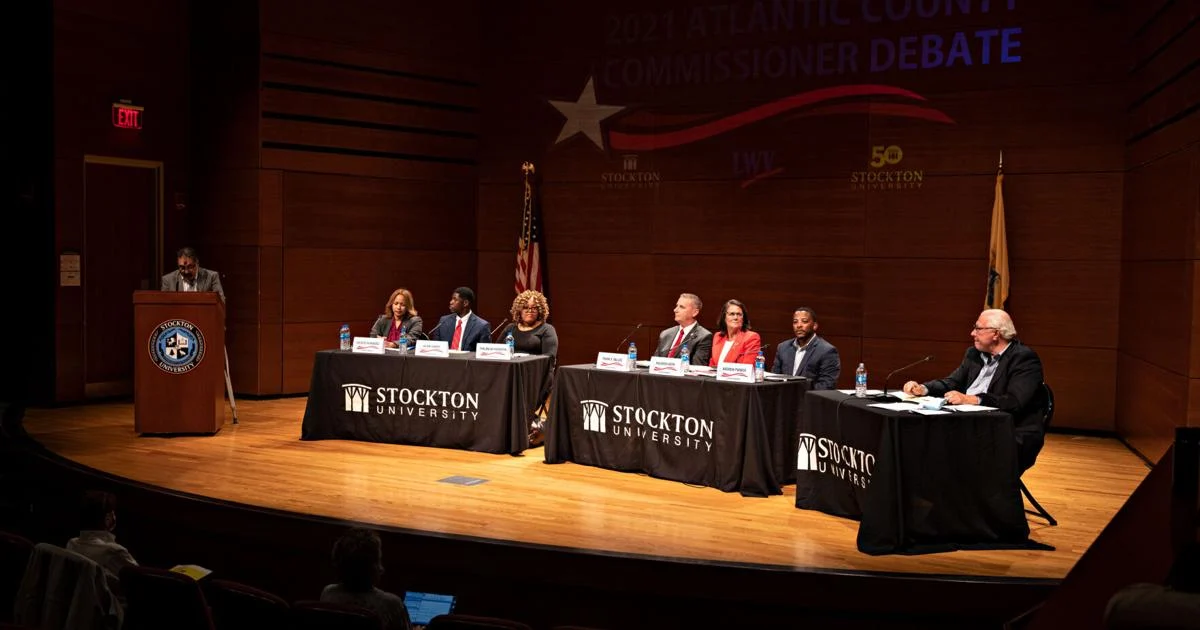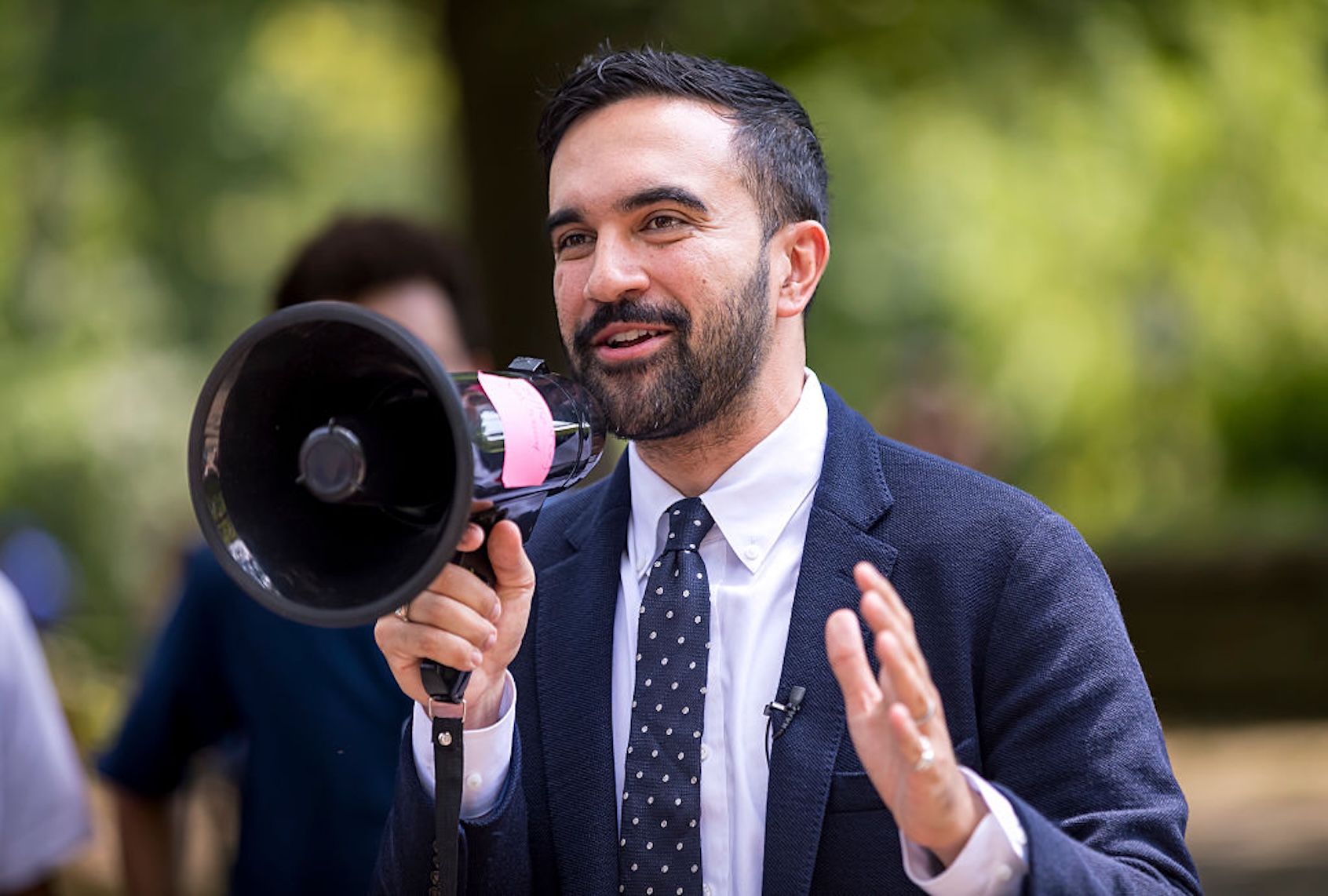Copyright scmp
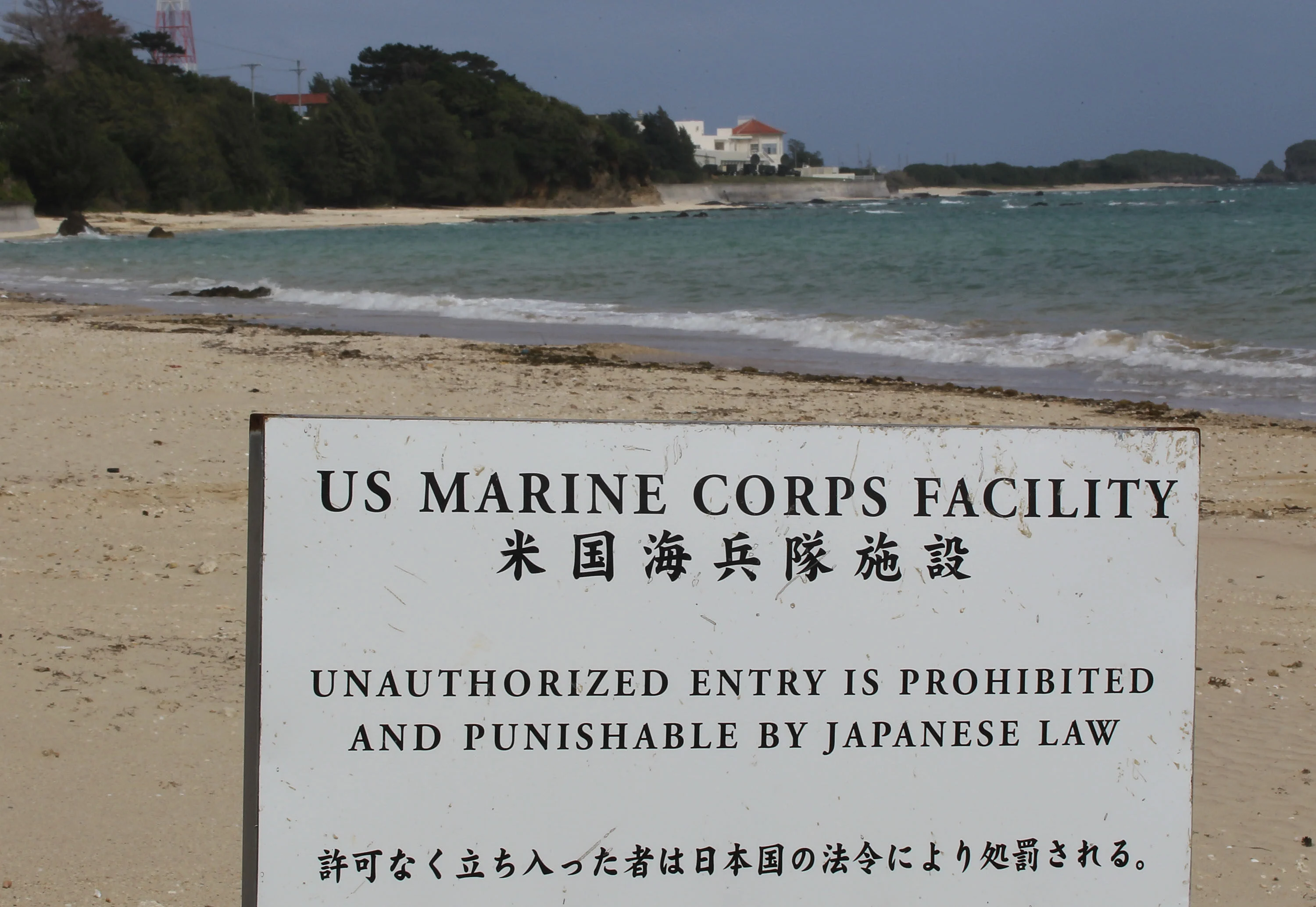
Chinese observers downplayed Beijing’s reference to Okinawans as “indigenous”, saying the comments were primarily a critique of the militarisation of Japan’s southernmost prefecture – home to dozens of US military bases – rather than a challenge to Tokyo’s sovereignty over Okinawa. On October 9, China’s deputy permanent representative to the United Nations, Sun Lei, urged Japan to “stop prejudice and discrimination against Okinawans and other indigenous peoples”. Sun made the remarks during a general debate meeting of the Third Committee, the United Nations General Assembly’s principal human rights committee. During the meeting, Sun commented on human rights issues and raised concerns over several countries including Japan. Okinawa lies on a fault line in Sino-Japanese ties and regional politics. The prefecture governs the Japanese-controlled Diaoyu Islands, known as the Senkaku Islands in Japan, which are at the centre of a long-standing territorial dispute between Beijing and Tokyo. The Ainu in northern Japan are the only group officially recognised as indigenous people by Tokyo. According to a Chinese statement, Sun told the UN meeting: “China urged Japan to confront the history of its militaristic aggression against neighbouring Asian countries and colonial rule during World War II … [and to] genuinely improve the social status of women and end prejudice and discrimination against Okinawans and other indigenous peoples.” Sun’s remarks were picked up by media last month. A Japanese report, citing a Ryukoku University professor, said the statement suggested “a shift in Beijing’s recognition” of Okinawa that could affect US military bases and potentially support the prefecture’s autonomy. Some have speculated that Beijing could try to challenge Japan’s control over Okinawa, which was once known as the kingdom of Ryukyu. The ancient kingdom was a Chinese tributary state in the East China Sea for more than 500 years until it was annexed by Japan in 1879. Okinawa is strategically located just 110 km (68 miles) east of Taiwan and has a heavy American military presence, making it vital in the event of a conflict between China and the US. Zheng Zhihua, an associate professor at Shanghai Jiao Tong University, said Sun’s recent remarks should not be overinterpreted. The comments were brief and “quite restrained” and should be understood in the broader context of opposing excessive militarisation and advocating respect for local communities’ rights, according to Zheng. “As competition between China and the US has intensified, Okinawa’s military significance has once again become prominent. In particular, US actions over Taiwan issues over the past two years have heightened Okinawa’s strategic importance,” he said. “China’s intention is to express that Okinawa should not again become a military fortress but return to being a hub of peace and trade in East Asia, as it once was historically,” said Zheng, who heads the East Asia Marine Policy Project at the university’s Centre for Japanese Studies. Trade and exchanges between Ryukyu and China flourished from the 14th century onwards, and the kingdom became a tributary state to the Ming dynasty (1368-1644). But Japanese influence grew in subsequent centuries before Ryukyu was annexed by Japan in 1879 and became Okinawa prefecture. In 2023, Chinese President Xi Jinping raised eyebrows when he referred to Okinawa prefecture as Ryukyu, discussing the kingdom’s links to southeastern China’s Fujian province. Although Okinawa’s governor Denny Tamaki welcomed the comments as evidence of Xi’s willingness to develop ties with the Ryukyu Islands, some Japanese media outlets expressed concern, saying it showed that China might play up the issue of Okinawa’s sovereignty in the future. Wang Guangtao, deputy director of the Centre for Japanese Studies at Fudan University in Shanghai, noted that pro-autonomy groups in Okinawa had long sought recognition from the UN, and Sun’s reference to Okinawans as indigenous reflected awareness of these advocacy efforts. But Beijing’s official stance would remain cautious and consistent, Wang said. “Okinawa is still under Japan’s claim as a prefecture within its sovereign territory. From the perspective of the Chinese government, if Japan doesn’t cross any red lines on Taiwan issues, China’s stance on the issue would not be too extreme.” When Beijing and Tokyo established diplomatic ties in 1972, they agreed to mutually respect sovereignty and territorial integrity, and Beijing has never officially questioned Japan’s rule over Okinawa. After Japan surrendered in September 1945, ending World War II, the Ryukyu Islands were placed under US control. That continued until 1972, when the US – concerned about the spread of communism in Asia – transferred its control of the islands to Japan on condition that the US retain its military bases there. Okinawa is home to 1.4 million people. It also hosts 32 US military bases, including Kadena Air Base – the largest US military installation in the Asia-Pacific region and home to the largest wing in the US Air Force. Some 30,000 US service members are based in Okinawa, along with 50,000 civilian employees and family members, according to US military sources.
